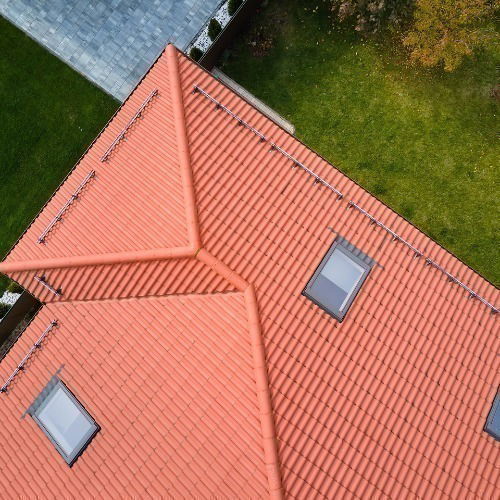Navigating the Essentials of Roof Maintenance and Replacement

Maintaining the integrity of a roof is critical for safeguarding homes and commercial buildings from the elements. Over time, roofing materials may deteriorate due to weather exposure, leading to the necessity for repairs or even a full roof replacement. Here are several key points outlining the importance of professional roofing contractors in preserving the lifespan and functionality of both residential and commercial roofs.
1. Understanding Roof Lifespan
Roof longevity varies based on material, installation quality, and environmental factors. Typically, roofs can last anywhere from 20 to 50 years; however, this range is contingent upon regular maintenance and timely repairs. Recognizing signs of wear and taking action early can prevent minor issues from escalating into costly damage.
2. Importance of Regular Inspections
Regular inspections by qualified roofing contractors are crucial in detecting potential problems before they become severe. Inspections can reveal cracked shingles, damaged flashing, or other vulnerabilities that might lead to leaks or structural issues if left unattended.
3. Timely Roof Repair Services
When damage is detected during an inspection, prompt repair services can extend a roof's lifespan significantly. Addressing issues such as leaks, missing shingles, or standing water quickly can avoid more extensive problems in the future. A professional contractor will have the skills necessary to perform these repairs efficiently and effectively.
4. Choosing Roof Replacement When Necessary
There comes a point when repairs are no longer sufficient to maintain a roof's integrity or aesthetic appeal. In such cases, a complete roof replacement may be warranted. Professional contractors will assess whether a new roof is needed based on current condition assessments and long-term performance considerations.
5. Selecting Materials for Residential Roofing
Homeowners have various options when selecting materials for residential roofing projects. Choices often include asphalt shingles, metal roofing, tile, or wood shakes – each with its own benefits regarding durability, cost-effectiveness, energy efficiency, and aesthetic appeal.
6. The Dynamics of Commercial Roofing Services
Commercial roofs often differ substantially from their residential counterparts regarding design complexity and size scale—requiring specialized knowledge for proper installation and maintenance procedures—ensuring businesses' operations remain uninterrupted by roofing concerns.
7. Sustainability Considerations
Sustainability has become an increasingly important factor in roofing decisions today's context – both environmentally friendly materials and energy-efficient designs contribute positively towards reducing carbon footprints while also offering potential savings through improved insulation properties.
8. Navigating Insurance Claims
Roof damage resulting from storms or unexpected events may be covered under property insurance policies—navigating claims processes smoothly requires experience; qualified contractors can assist property owners in preparing necessary documentation ensuring legitimate damages are accounted for accurately within claims filed against insurance providers.
